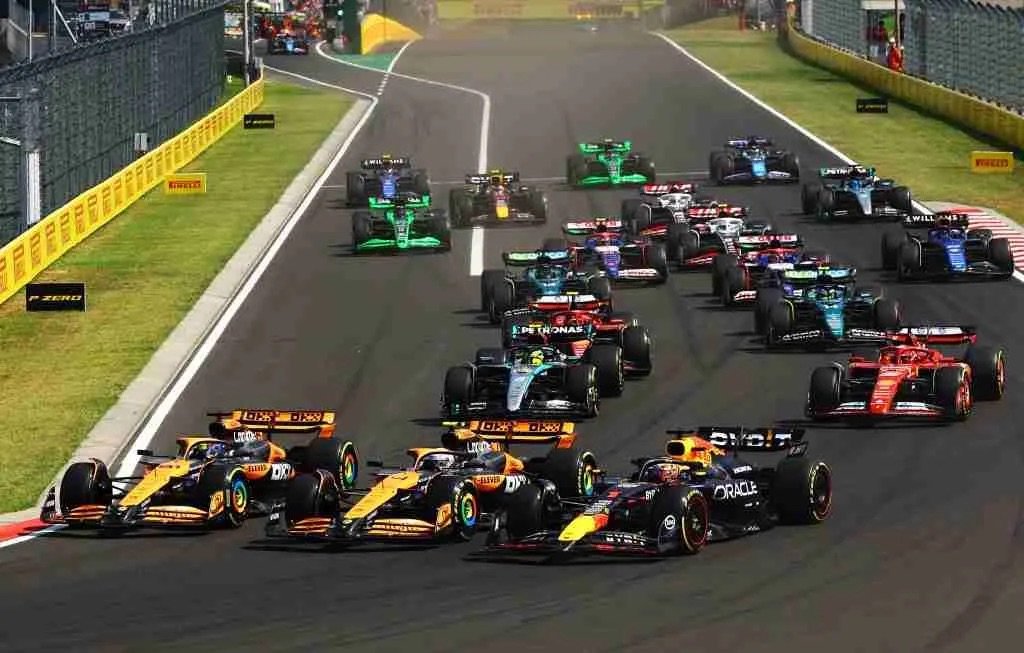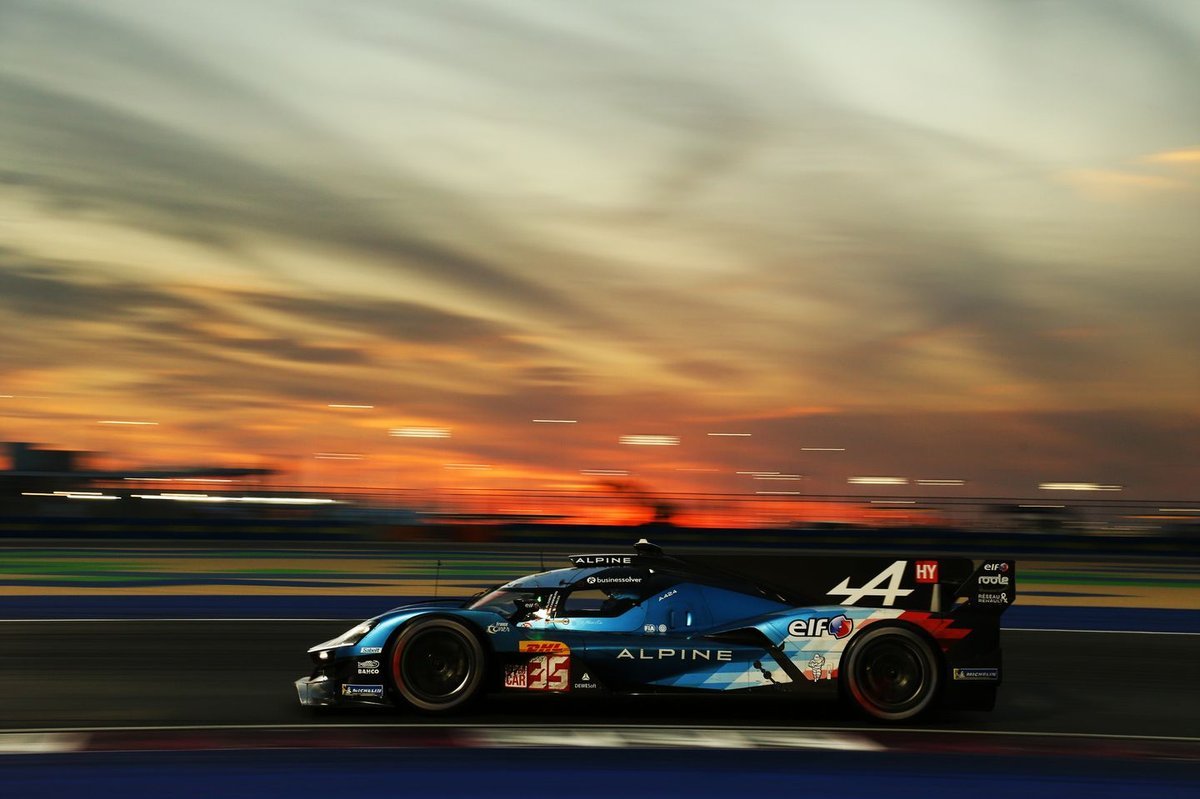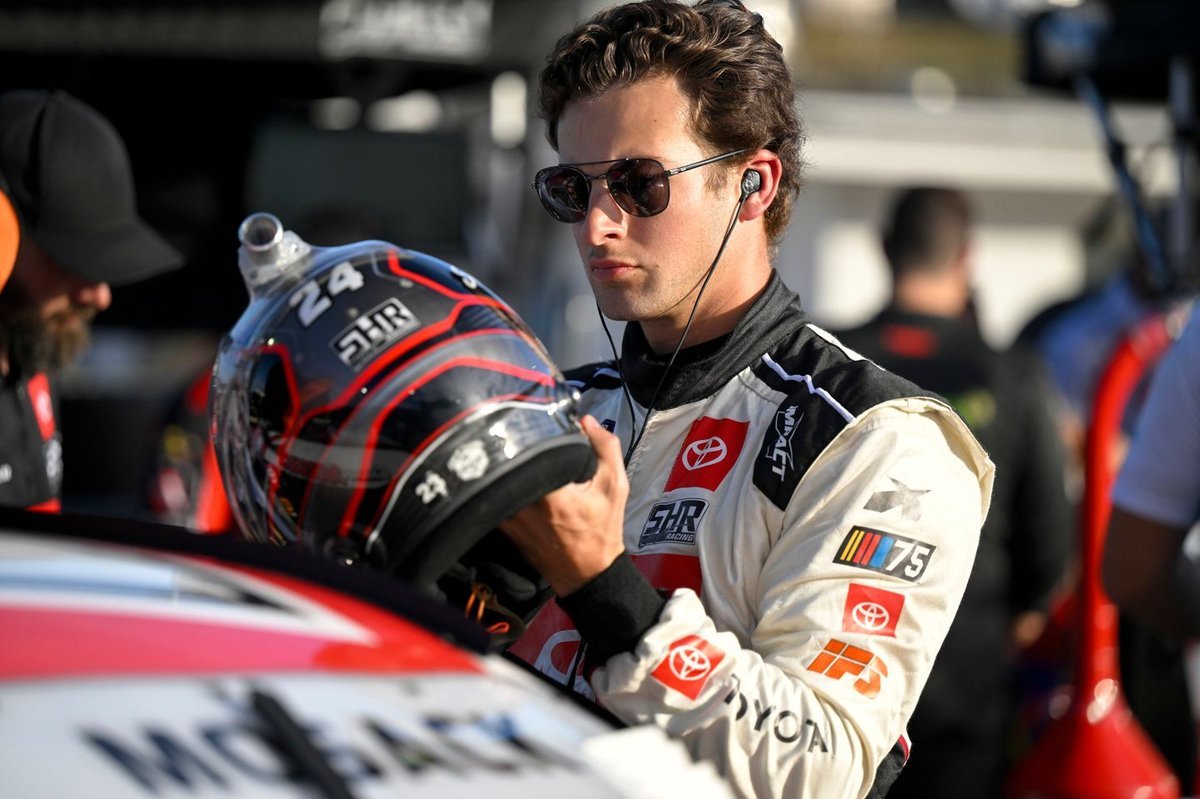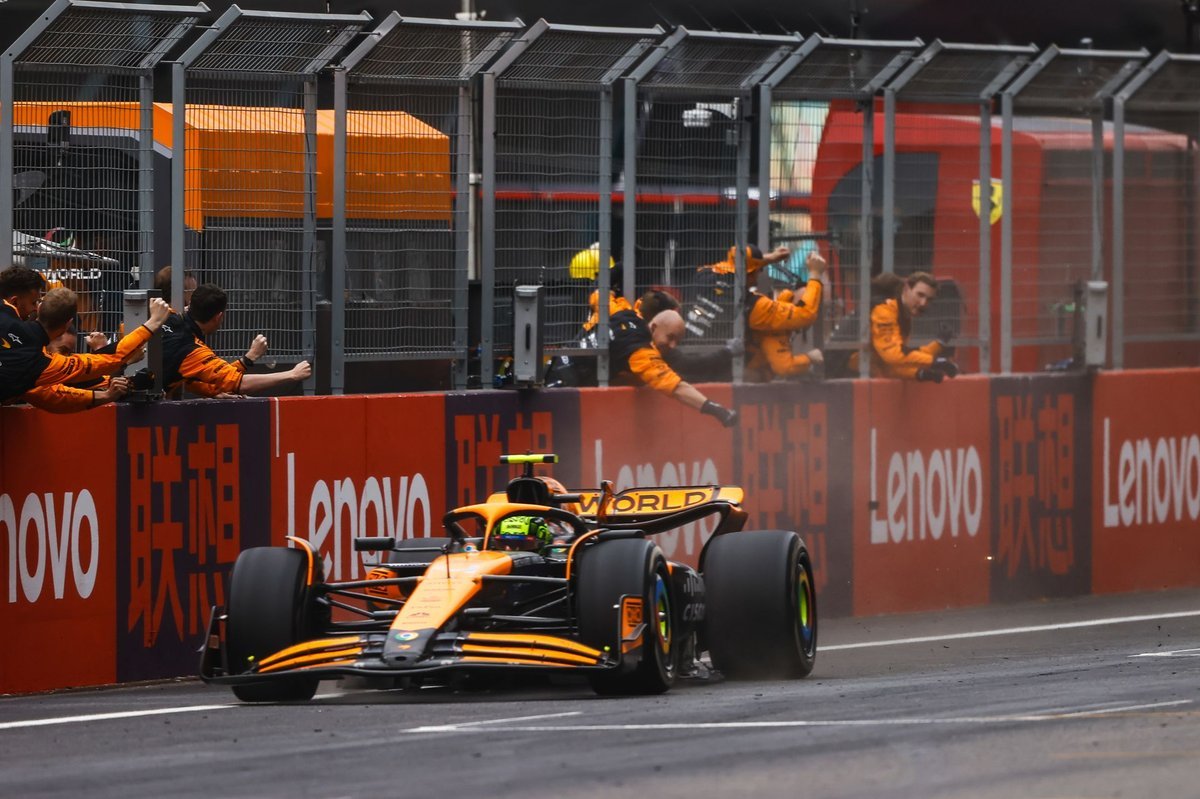
Source – Total motorsport
To be inspected by the FIA for the 2023 season, all ten teams sent in their accounts.
In a closely watched development that underscores the increasing complexity of Formula 1’s financial regulations, the FIA has confirmed that all ten teams competing in the 2023 season stayed within the sport’s strict cost cap limits. However, the governing body revealed that Alpine and Honda had committed procedural breaches under new power unit financial regulations.
This latest review, which ensures teams adhere to the cost cap imposed by the FIA, signals the second consecutive year that all competitors have successfully managed their budgets, keeping within the specified limits. The cost cap for the 2023 season was initially set at $135 million, based on a 21-race calendar. With 23 races eventually being held, teams were permitted to spend an additional $1.8 million for each of the extra two events, raising the overall limit to $138.6 million.
The 2023 season marks a significant moment in Formula 1’s evolving regulatory landscape. After the controversy surrounding Red Bull’s cost cap breach in 2021, which resulted in a fine and a reduction in development time, all eyes were on this year’s review to see if any other team had followed suit. The findings brought some relief, confirming that every team had respected the financial boundaries, a sign that the regulations are starting to take root more effectively.
However, the power unit manufacturers—who are now subject to their own spending restrictions for the first time—faced greater scrutiny, and not all emerged unscathed. The FIA’s review of power unit finances identified procedural breaches by Alpine Racing SAS and Honda Racing Corporation. While both manufacturers stayed within the overall spending limit, their compliance with the complex procedural requirements fell short.
The breaches were not deemed to be serious enough to suggest any deliberate wrongdoing or malintent. An FIA statement emphasized that both Alpine and Honda acted in good faith and have been fully cooperative with the Cost Cap Administration (CCA) in addressing these issues. Given the novelty of these regulations for power unit manufacturers and the inherent challenges in their first year of implementation, the FIA has opted for a softer approach to resolving the matter.
The FIA revealed its intention to settle the breaches through an Accepted Breach Agreement (ABA), which would allow both manufacturers to avoid more severe sanctions, assuming they accept the terms. The ABA is a legal mechanism within Formula 1’s financial regulations, offering teams and manufacturers the opportunity to acknowledge their breach and resolve it without facing harsher penalties like fines or development restrictions. A summary of these agreements will be published once finalized, offering further transparency on the specifics of the procedural missteps and the terms of the settlement.
This procedural breach by Alpine and Honda has raised questions about the complexity of the new regulations. Power unit manufacturers, now operating under the financial restrictions in place since 2022, must manage an intricate balancing act between performance demands and strict cost control measures. The procedural issues flagged by the FIA highlight just how demanding this can be, even for established players in the sport.
Alpine and Honda are both significant players in the power unit development race, with Alpine supplying Renault engines to its works team and Honda, despite officially exiting the sport as an engine supplier, continuing to provide support to Red Bull’s power unit project. With these manufacturers under more pressure than ever to meet both financial and performance expectations, the FIA’s decision to settle the breaches through ABAs reflects a pragmatic approach, acknowledging the teething problems that can arise from introducing such complex new rules.
The broader significance of the FIA’s announcement cannot be overstated. Formula 1’s cost cap regulations were introduced to level the playing field in a sport where the financial might of the biggest teams had long given them an insurmountable advantage over smaller competitors. By including power unit manufacturers under the cost cap umbrella, the FIA aims to further tighten control over spending, ensuring that no team or manufacturer can gain an unfair advantage by outspending their rivals on engine development.
As the sport continues to evolve, these regulations are likely to be fine-tuned further, with the lessons learned from this year’s procedural breaches serving as a guide for future compliance efforts. For now, however, the news that all teams stayed within the cost cap for 2023 provides a much-needed boost for the FIA, reinforcing the credibility of its financial regulations. The fact that the breaches were procedural and not financial underscores the progress made since the dramatic fallout from Red Bull’s 2021 violation, a saga that cast a long shadow over the initial implementation of the cost cap.
Moving forward, the resolution of these procedural breaches will be watched closely by the F1 community. The ABAs, once finalized, will provide clarity on how the FIA handles these matters and set a precedent for how procedural violations are dealt with in the future. It’s a pivotal moment for the sport, as it strives to balance the cutting-edge innovation that drives Formula 1 with the financial discipline required to maintain a competitive and fair playing field.
With Alpine and Honda now cooperating to resolve their breaches, Formula 1 can look forward to continued financial stability as it heads into another season of high-stakes competition. The cost cap era is proving to be one of the most transformative periods in the sport’s history, and the FIA’s commitment to enforcing these rules is crucial in ensuring the sport remains both sustainable and thrilling for years to come.











